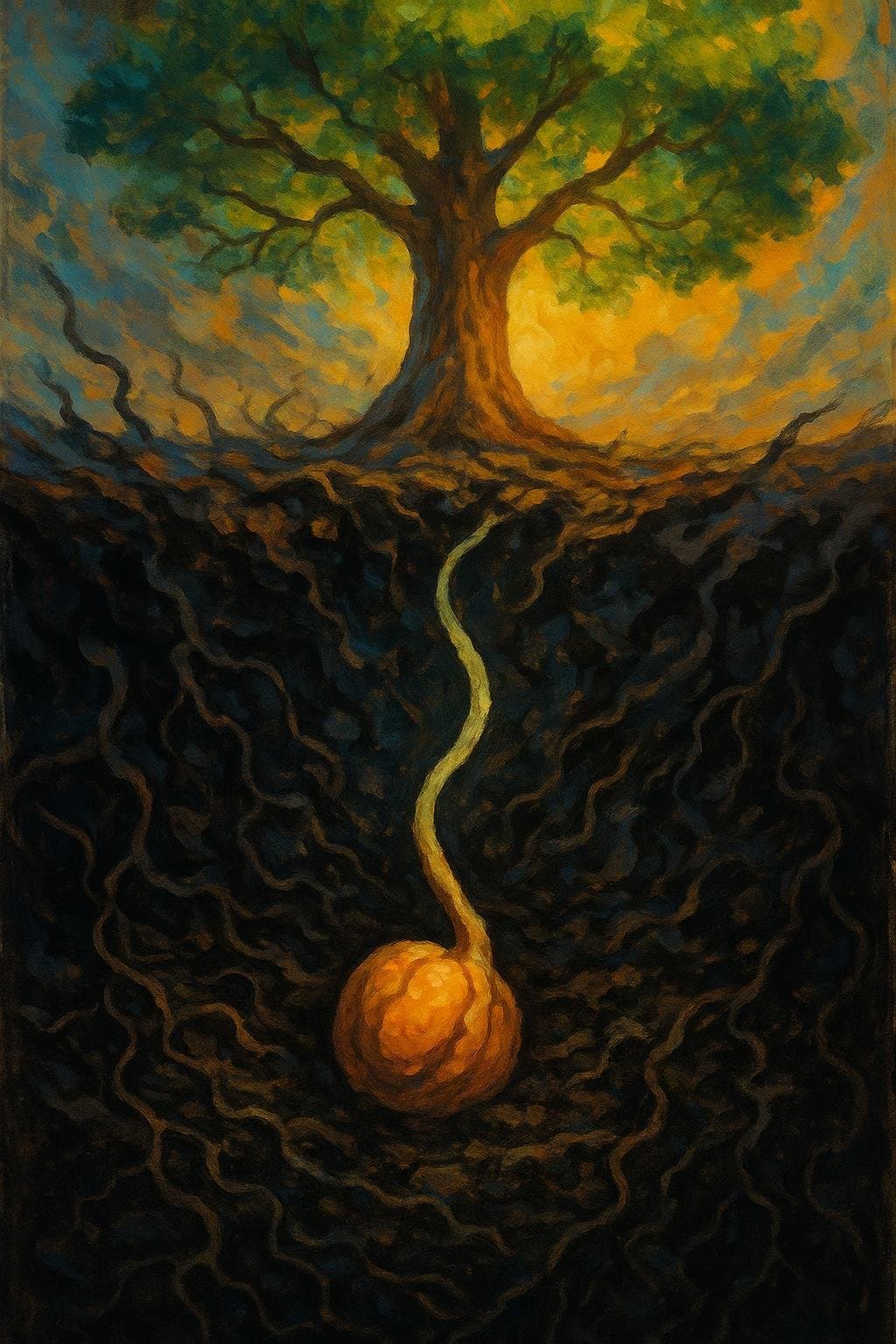From Ridicule to Reverence: The Humble Origins of Greatness

All great deeds and all great thoughts have a ridiculous beginning. — Albert Camus
—What lingers after this line?
One-minute reflection
What's one small action this suggests?
The Unlikely Roots of Human Endeavor
Albert Camus’s assertion invites us to reconsider how extraordinary achievements often emerge from seemingly absurd or trivial beginnings. Rather than springing forth fully formed, great deeds and thoughts typically start as fragile ideas—easily dismissed or ridiculed by others. This pattern is echoed in countless stories where transformative change germinates in the most unassuming circumstances, promising that greatness is often mistaken for folly in its nascent stage.
Historical Legacies Born from Laughter
Looking back, many historic milestones bear testament to Camus’s observation. The Wright brothers, for example, faced widespread skepticism when pursuing human flight; their modest wind-tunnel experiments appeared outlandish to contemporary observers. Yet, over time, what began as an object of mockery evolved into a feat that reshaped the modern world. Such legacies suggest that ridicule is frequently the crucible in which ambition is tested and refined.
Philosophical Reflections on Absurdity
Transitioning from historical examples, Camus’s own philosophy delves into the concept of the absurd. In works like ‘The Myth of Sisyphus’ (1942), he confronts the meaninglessness that often confronts fledgling ideas. Rather than succumbing to despair, Camus argues that one should embrace the absurd—accepting ridicule as a necessary step toward finding meaning and value in human action. This philosophical stance reframes ridicule not as a deterrent but as a rite of passage for originality.
Inventiveness and Social Resistance
Moreover, the resistance great ideas face is not merely passive but can be an active social force. Galileo’s advocacy of heliocentrism, for instance, was met with derision and institutional backlash. The initial mockery exposed society’s skepticism toward the unconventional, yet it also steeled pioneers against adversity. Through such opposition, inventors and thinkers cultivate resilience and clarity of purpose, transforming ridicule itself into a crucible for innovation.
Embracing the Ridiculous as a Catalyst
Ultimately, understanding that all great beginnings may seem ridiculous encourages both daring and humility. Camus’s insight emboldens creators to persevere when their first steps are met with laughter or doubt. Many of history’s pivotal moments only gained their gravity in retrospect. This perspective urges us to nurture rather than dismiss the apparently ridiculous, recognizing the seeds of greatness within the soil of skepticism and jest.